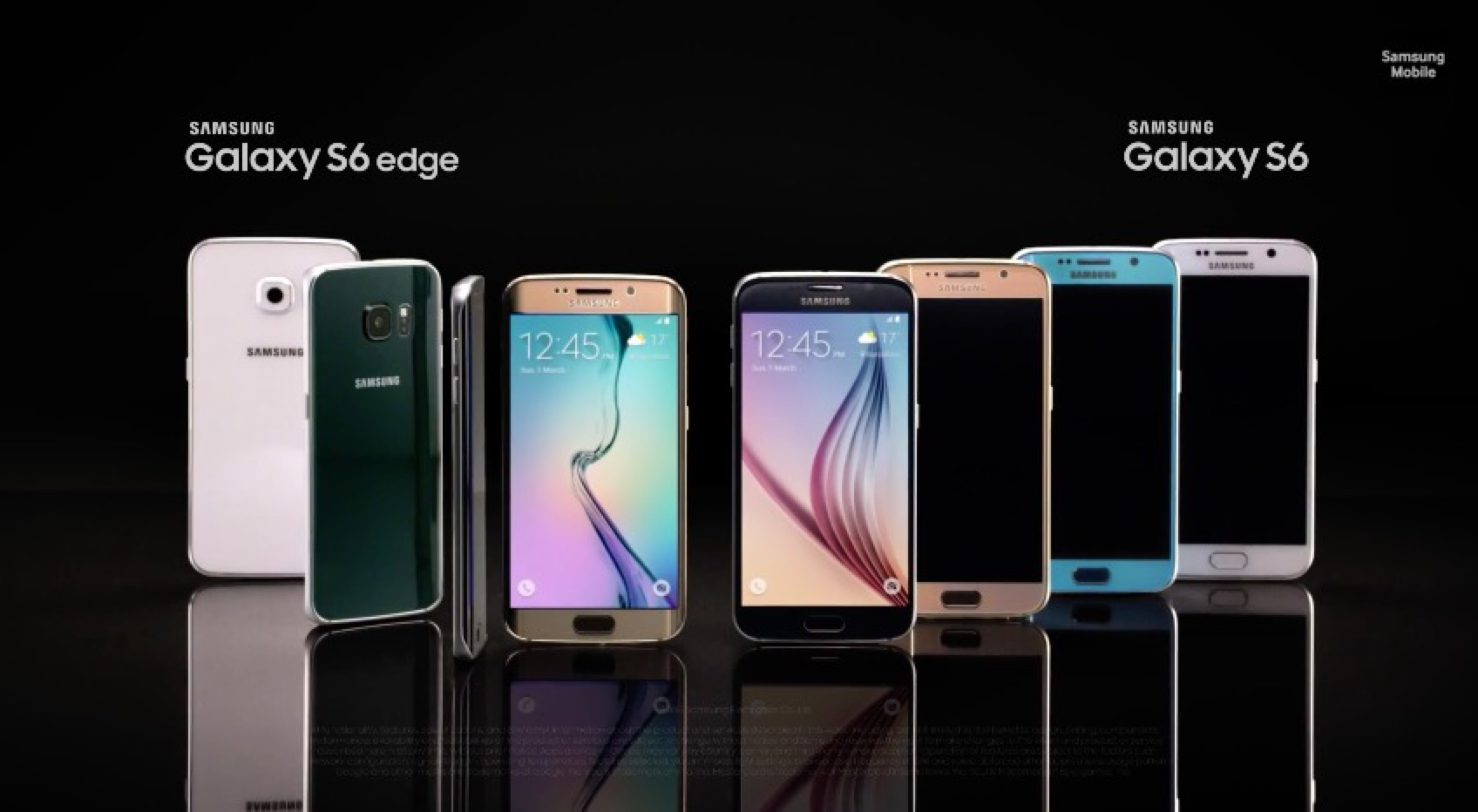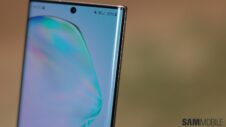Hackers are on the rise, and thus, so are hacker attacks. “Celebgate” (iOS), “The Snappening” (Snapchat), and other targeted attacks on apps, websites, and business data systems worldwide remind us that behind the display of the electronic world lies “terrorists” who will do anything to undermine our sense of security.
Samsung’s Galaxy S6 and Galaxy S6 edge lead the way in cutting-edge specs such as wireless charging, its octa-core Exynos processor, 16MP camera, and the S6 edge’s curved display, but Samsung is now looking to be on the cutting edge of another area of mobile life: security.
The company whose KNOX program has paved the way for data security in the business sector has now partnered with Intel Security to provide the McAfee VirusScan Mobile app for all Galaxy S6 and S6 edge users. The VirusScan Mobile app will come pre-installed on all Galaxy S6 and S6 edge models, and will prevent users from worrying about malware and viruses should they stumble upon a hacker attack or malware and virus-ridden website. The McAfee VirusScan app will cost nothing to use.
Android devices have been derided by iOS users over the last few years, with even Apple’s Phil Schiller taking to Twitter to tell Android users, “Be safe out there” when referring to Android. A number of Android smartphones and tablets sold through Best Buy stores in the US on Black Friday 2014 (such as RCA tablets) were said to be at risk for malware and viruses. With the rise of Samsung’s mobile payment solution in Samsung Pay, the Korean manufacturer wants to ensure that customers have the security they need. Growth in mobile payments is the key to Samsung’s success in this new sector.
Samsung’s partnership with Intel Security couldn’t come at a better time, seeing as both Android and iOS devices have been discovered as of late to contain a vulnerability known as “FREAK” (Factoring attack on RSA-Export Keys) in which visits to certain governmental websites could lead to a remote hack attack involving a web browser’s export certificates. While Google’s Chrome browser is free from this vulnerability, other Android web browsers and Apple’s Safari OS on both mobile and PC are at risk. Apple intends to release a security patch for both Mac OS and iOS next week, but Android OEMs could take a while.







